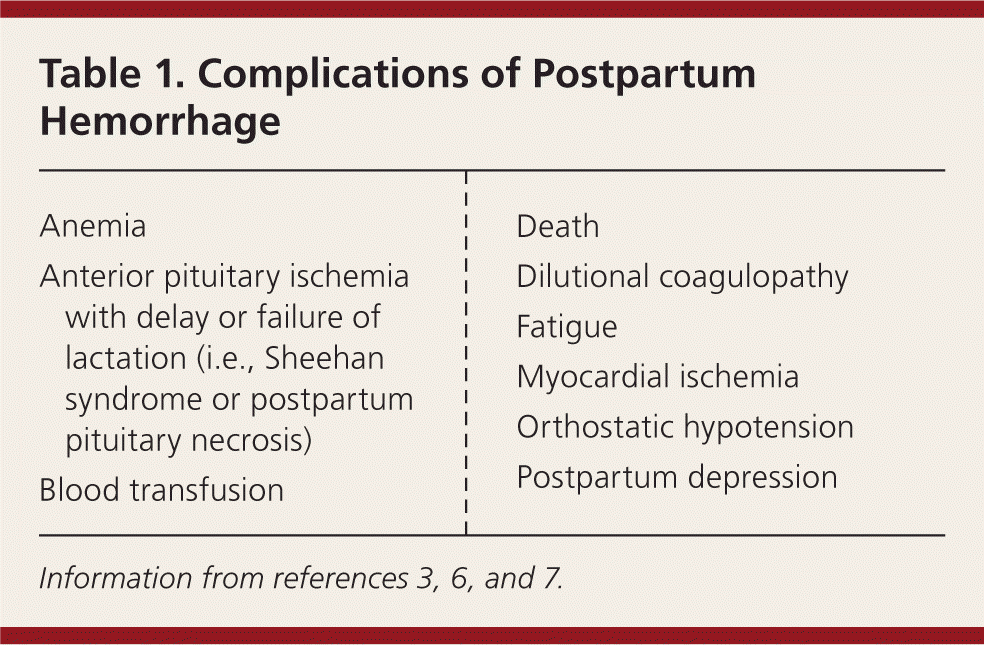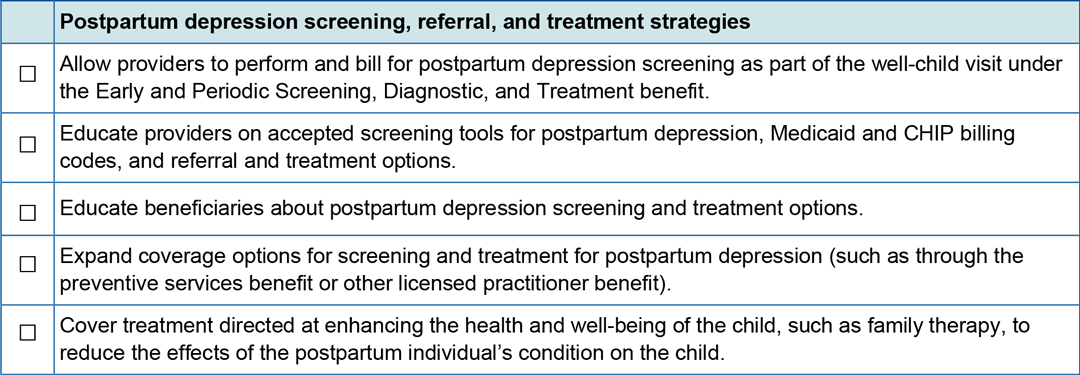The Main Principles Of Beautiful Journey Reproductive Counseling Center
The Main Principles Of Beautiful Journey Reproductive Counseling Center
Blog Article
The Facts About Beautiful Journey Reproductive Counseling Center Revealed
Table of ContentsThe Best Strategy To Use For Beautiful Journey Reproductive Counseling CenterExamine This Report on Beautiful Journey Reproductive Counseling CenterTop Guidelines Of Beautiful Journey Reproductive Counseling CenterRumored Buzz on Beautiful Journey Reproductive Counseling CenterSome Known Factual Statements About Beautiful Journey Reproductive Counseling Center Some Ideas on Beautiful Journey Reproductive Counseling Center You Should Know

Dealing with mental health experts is a terrific method to find out about postpartum clinical depression and just how to recoup. Therapy allows women to resolve their problem and comprehend the progress they make. Specialists can also adjust treatment in action to the female's progression. Therapy is a personal and crucial means to deal with postpartum clinical depression.

The Best Strategy To Use For Beautiful Journey Reproductive Counseling Center
There have not been definitive researches released that looked especially at folate or other B vitamins in the treatment of postpartum anxiety. Think about suggesting to women who are postpartum to proceed their prenatal vitamin or take a B-100 facility with concerning 1 mg (or 1,000 mcg) of folic acid, or folate.
Modification of vitamin D deficiency might play a considerable duty in the healing from postpartum anxiety. Mommies dealing with depression ought to have their 25-OH vitamin D degree examined. Several ladies discover that they need a minimum of 2,000-3,000 IUs of cholecalciferol, which is vitamin D3 (a type that is extremely readily taken in) throughout the winter season.
In the summertime, less dental vitamin D might be needed, depending on the latitude where the mother lives. reproductive mental health.
Not known Facts About Beautiful Journey Reproductive Counseling Center

Anticoagulation may be utilized, and it must be noted that there exists no universal guideline or referral for anticoagulation therapy in septic pelvic thrombosis. Initial bolus of 60 units/kg (4000 units optimum) followed by 12 units/kg/h (optimum of 1000 units/h) is recommended. The aPTT is kept track of for 2-3 times the regular worth.
Postpartum anxiety (PPD) is a complex mix of physical, psychological, and behavior modifications that happen in some women after offering birth. According to the DSM-5, a hands-on utilized to diagnose mental problems, PPD is a kind of major depression that begins within 4 weeks after shipment. The medical diagnosis of postpartum clinical depression is based not only on the length of time between distribution and beginning but on the extent of the clinical depression.
The term defines a variety of physical and psychological modifications that numerous brand-new moms experience. The real web link between this decrease and depression is still not clear.
Excitement About Beautiful Journey Reproductive Counseling Center
PPD can occur after the birth of any child, not simply the first child. You can have sensations similar to the child blues-- sadness, despair, stress and anxiety, crankiness-- yet you feel them much more strongly.
When your capability to function is affected, you need to see a health treatment provider, such as your OB/GYN or key care medical professional. If you don't get treatment for PPD, signs and symptoms can obtain even worse.
This illness can take place promptly, commonly within the first 3 months after giving birth. Ladies can shed touch with fact, having acoustic hallucinations (hearing things that aren't in fact occurring, like an individual talking) and delusions (strongly believing points that are clearly illogical). Aesthetic hallucinations (seeing points that aren't there) are less common.
Ladies that have postpartum psychosis click to investigate requirement treatment right away and almost constantly need medicine. Therapy alternatives include anti-anxiety or antidepressant drugs, psychiatric therapy, and engagement in an assistance team for psychological support and education.
Beautiful Journey Reproductive Counseling Center Things To Know Before You Buy
Children of mommies with postpartum anxiety are more probable to have problems with resting and consuming, crying greater than usual, and delays in language advancement. If you have a background of clinical depression, tell your medical professional as quickly as you figure out you're pregnant, or if you're preparing to conceive.
PPD can happen after the birth of any youngster, not simply the very first kid. You can have feelings similar to the infant blues-- unhappiness, misery, anxiety, crankiness-- yet you feel them much extra strongly.
When your capacity to feature is influenced, you need to see a health treatment provider, such as your OB/GYN or key care doctor. If you don't obtain therapy for PPD, signs and symptoms can get even worse.
This illness can happen swiftly, commonly within the very first 3 months after childbirth. Women can lose touch with reality, having acoustic hallucinations (hearing things that aren't in fact taking place, like a person chatting) and delusions (highly believing points that are plainly illogical). Visual hallucinations (seeing things that aren't there) are much less common.
The Facts About Beautiful Journey Reproductive Counseling Center Revealed
Females that have postpartum psychosis requirement treatment right away and nearly constantly need medicine. Occasionally females are taken into the health center since they are at risk for injuring themselves or somebody else. Postpartum depression is treated in a different way, depending upon the type of signs and symptoms and how severe they are. Therapy alternatives include anti-anxiety or antidepressant medications, psychotherapy, and engagement in a support system for psychological assistance and education and learning.
Kids of mommies with postpartum clinical depression are extra most likely to have troubles with sleeping and eating, sobbing more than usual, and hold-ups in language development (reproductive therapist). If you have a history of clinical depression - https://www.goodreads.com/user/show/177087461-john-coates, inform your physician as soon as you learn you're expectant, or if you're preparing to become pregnant
Report this page